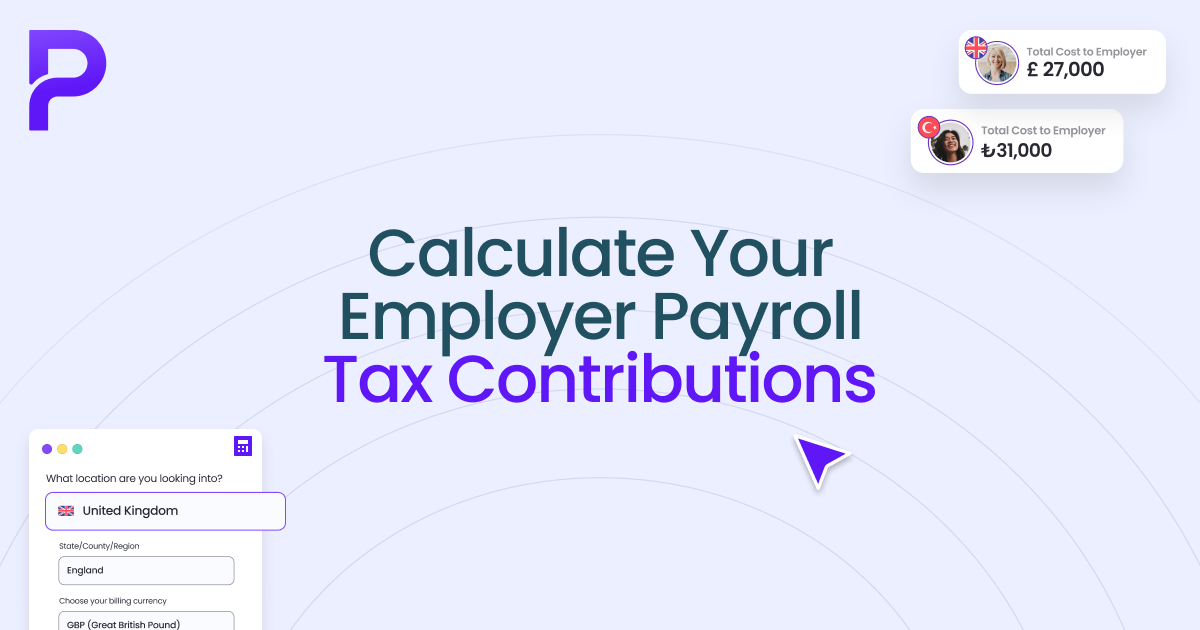Is Severance Pay Mandatory in Mexico?
Yes, severance pay is legally required in Mexico when an employee is dismissed without just cause. The rules are outlined in the Federal Labor Law (Ley Federal del Trabajo). When termination occurs, employers must pay a statutory severance package that includes three months of the employee’s regular salary, plus 20 days’ pay for each year of service, and any unpaid wages, accrued vacation, and proportional bonuses.
Thousands of global businesses can't be wrong.
Sign up for free and explore global hiring with Playroll.


Which Employees Qualify for Severance Pay?
- They are terminated without just cause (i.e., reasons not related to misconduct or performance).
- They have an indefinite employment contract (rather than a fixed-term or project-based contract).
- Their contract expires, but they continue to work with the employer beyond the agreed end date.
- They are forced to resign due to employer misconduct (constructive dismissal).
- They are terminated during a company restructuring or closure not due to their own actions.
What Are the Legal Timelines for Paying Severance?
Mexican labor law requires that severance pay be settled immediately upon termination. Employers must make all payments—severance, final salary, and accrued benefits—on the employee’s last working day or within a few days of termination, depending on the local labor board’s standards.
If there is a dispute about the dismissal or the amount owed, the employer must still pay what is undisputed and then resolve the balance through the labor authorities. Delays in payment can trigger additional penalties, including interest and legal costs. Employers are encouraged to document all payments clearly and secure signed acknowledgment from the employee to confirm compliance.
What Penalties Apply if Severance Is Not Paid Correctly?
Failure to comply with severance pay obligations in Mexico can lead to serious consequences. Labor authorities enforce these rules strictly, and employees can file claims through the Federal Conciliation and Arbitration Board or the new Labor Courts. Penalties may include:
- Payment of interest on overdue severance.
- Reinstatement orders, requiring the employer to take the employee back.
- Administrative fines imposed by labor authorities.
- Court judgments awarding back pay and damages.
Employers that repeatedly violate labor laws may also face investigations or reputational damage affecting their ability to operate in Mexico.
Does Outsourcing Employment via an EOR Change Severance Liability?
Yes. When a company uses an Employer of Record (EOR) in Mexico, the EOR is the legal employer of record under Mexican law. This means the EOR is responsible for handling severance payments, calculating the correct amounts, and ensuring they are paid on time in compliance with local regulations.
While the EOR assumes these legal obligations, the client company—the one directing the employee’s work—must still ensure its EOR partner operates compliantly. Using a reliable EOR like Playroll reduces risk, as all employment, payroll, and termination processes are fully aligned with Mexican labor law.
Be 100% Compliant in Offering Severance with Playroll
Severance rules in Mexico can be complex, and even small errors can

Handle Terminations Smoothly and Compliantly
01
Reach out to playroll
We’ll manage compliant onboarding and offboarding for your global team.
02
Accurate Severance Pay
Our payroll experts manage severance payouts in compliance with local laws.
03
Get Hands-On Support
Employers and employees receive personalized support for any queries.
04
Stay Current With Regulations
We’ll alert you to any updates in severance pay or employment compliance.
.svg)
.svg)
.svg)



.svg)















.svg)